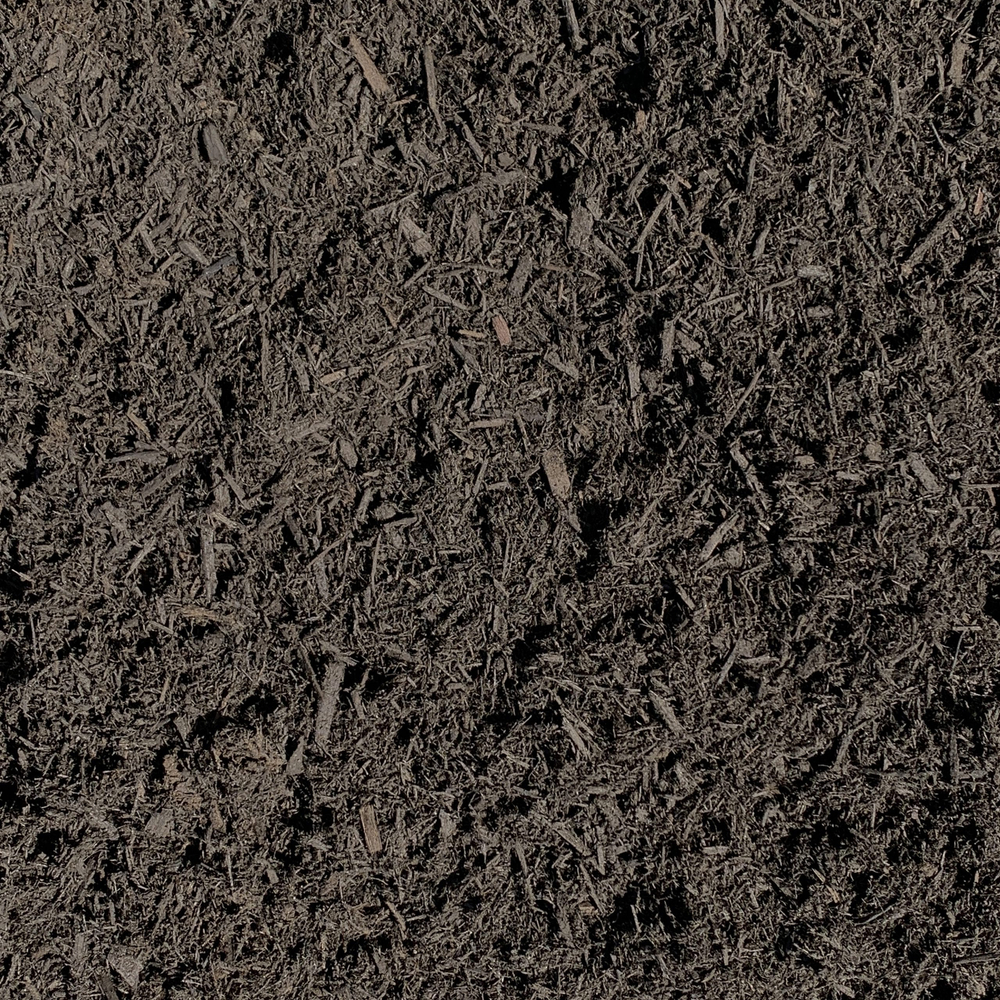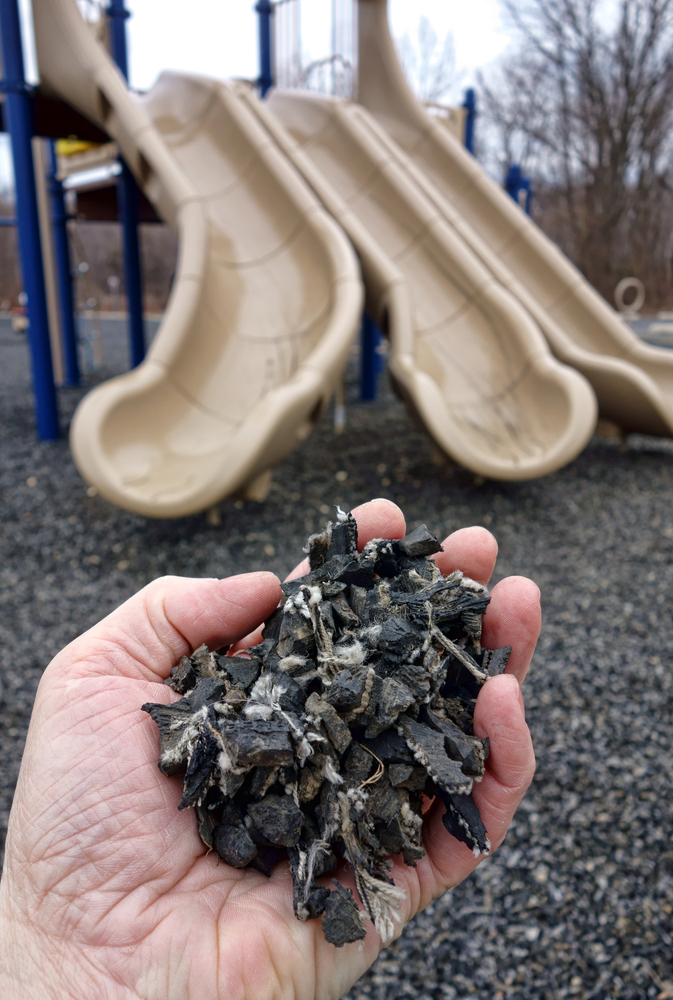The Best Mulch for Every Task
Whether it’s the number of tasks ahead of us, the pollen in the air, or the residual subconscious feeling from our school days that something is coming to an end, it’s this time of year that our head minds tend to go in all directions at the expense of concentrating on one task, particularly when it comes to the outdoors! Luckily, no matter the property maintenance project, mulch is the tool to help. Organic mulch or inorganic mulch is the question.
We used a blog from a few weeks ago to talk about how mulch helps you with your landscape maintenance every season. So today, we will make it like a gardener and dig a little deeper to teach you which mulch will work best in each area of your Augusta yard. Of course, like all landscaping, personal preference trumps the rules, but here are our best practices for how and where to use mulch!

Type of Mulch
While you can cover your garden with nearly anything and claim it’s mulch, there are some materials that are obviously better than others. But even within the accepted mulch varieties, there are still places where one works better than another. So while we could fill the following 500 words with an alphabetical list of mulching materials, there are two general categories that each of those types falls within. Those categories are organic and organic. And neither is evident as they might appear on the surface.Organic Mulch
While today the term organic is generally associated with the health food section of your grocery store, the word has an older, more general meaning: referring to or deriving from living matter. For example, in landscaping, we use organic mulch to refer to mulch that comes from plants.Types of Organic Mulch
Many of the most popular mulch varieties, such as tree bark and compost, are organic. Tree bark is the most common mulch for most home landscapers. It’s beautiful, natural-looking, and versatile. Within shredded tree bark, you can have many different consistencies and colors of mulch. And depending on your goals, you can choose dyed and treated or untreated tree bark. Other popular materials include shredded leaves, grass clippings, hay, and compost. Traditionally, farmers and home landscapers would mulch with whatever material was readily available in the region. That might include the shells from nuts, pine cones, corn cobs, or whatever was leftover from the primary crop. Fishing villages would even use sea shells!Where Should You Use It?
The benefits of organic mulch are the same as the problems with it. It’s natural and breaks down. How natural you want to go will depend primarily on the purpose of your garden. Many home landscapers like to use plant-based mulch because, eventually, it will break down and feed the soil. However, if your primary goal is longevity, you may choose a different material or use a variety of plant mulch that is more treated.
 (316) 435-3509
(316) 435-3509 office@divine-lawns.com
office@divine-lawns.com